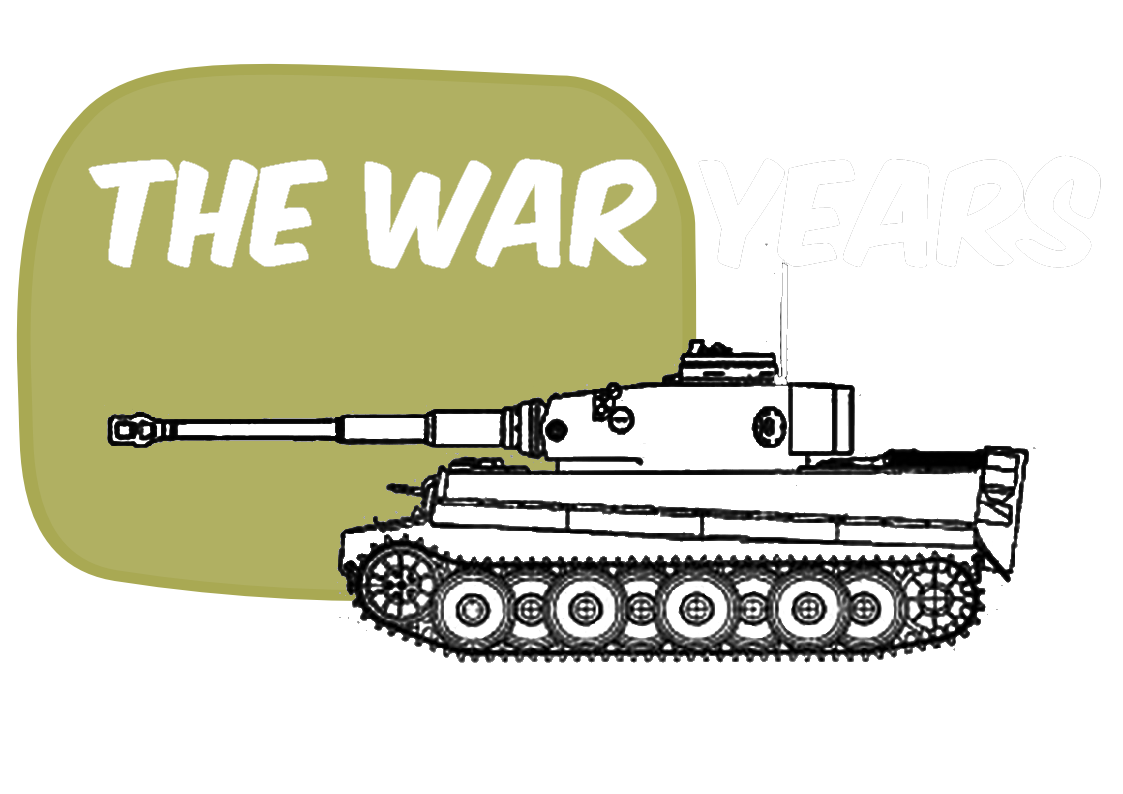4 Reasons to Research Your Ancestor's Military Service History
Genealogy, or the study of family history and ancestry, has become increasingly popular in recent years. It allows individuals to discover their roots, learn about their ancestors' lives, and connect with their heritage. One aspect of genealogy that can be particularly fascinating is researching an ancestor's military service history.
In this blog post, we'll explore why researching an ancestor's military service history can be of great benefit to individuals and families.
1. Gaining a deeper understanding of your family history
One of the main benefits of researching an ancestor's military service history is that it allows individuals to gain a deeper understanding of their family history. Military service records can provide details on an ancestor's rank, service dates, and where they served. This information can help individuals develop a clearer picture of their ancestor's life and experiences. For example, The National Archives provides access to military service records for British Army soldiers who served between 1914 and 1920. By examining these records, individuals can discover where their ancestors served, what battles they may have fought in, and even details about their injuries or medals awarded.
2. Connecting with national heritage
Researching an ancestor's military service history can also help individuals connect with their national heritage. In the UK, military service has played a significant role in shaping the country's history and identity. By researching an ancestor's military service, individuals can gain a better understanding of the contributions made by their family members to the country's military efforts. This can help individuals develop a stronger sense of connection to their country and its history. For example, the Imperial War Museum (IWM) in London has a collection of over 1 million items that tell the story of modern war and conflict, from personal accounts of soldiers who served in the British Army to numerous films, photographs, and publications. These documents can provide a first-hand look at what life was like for soldiers on the front lines, and help individuals connect with their ancestor's experiences.
3. Discovering previously unknown information
Researching an ancestor's military service history can also uncover previously unknown information about their life and experiences. Military service records may provide details about an ancestor's family, occupation, and other aspects of their life that were not previously known. For example, The National Archives notes that military service records can include details about an individual's next of kin, address, and occupation before and after their military service. By discovering this information, individuals can develop a more complete picture of their ancestor's life.
4. Honouring an ancestor's military service
Researching an ancestor's military service history can also be a way to honour their service and sacrifice. By uncovering the details of an ancestor's military service, individuals can gain a deeper appreciation for the challenges they faced and the contributions they made. This can be especially meaningful for individuals whose ancestors were killed in action or suffered injuries during their service. For example, the Commonwealth War Graves Commission (CWGC) maintains records of individuals who died in military service during both World Wars. By researching these records, individuals can pay tribute to their ancestors who made the ultimate sacrifice for their country.
In conclusion, researching an ancestor's military service history can be a valuable and rewarding aspect of genealogy. By gaining a deeper understanding of family history, connecting with national heritage, discovering previously unknown information, and honouring an ancestor's service, individuals can develop a stronger sense of connection to their past and their family's contributions to history. The UK is home to a wealth of resources for researching military service history, including the National Archives, the Imperial War Museum, and the Commonwealth War Graves Commission. By utilizing these resources, individuals can unlock the fascinating and often poignant stories of their ancestors' military service.
If you want to know more about your ancestors' military service, please contact me today.

